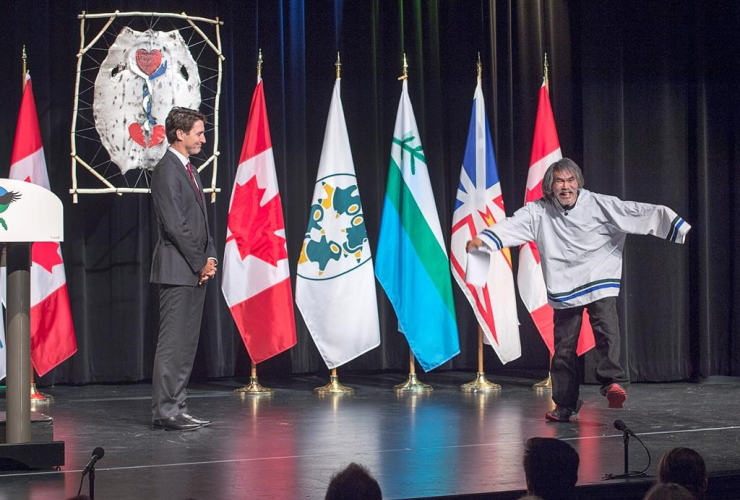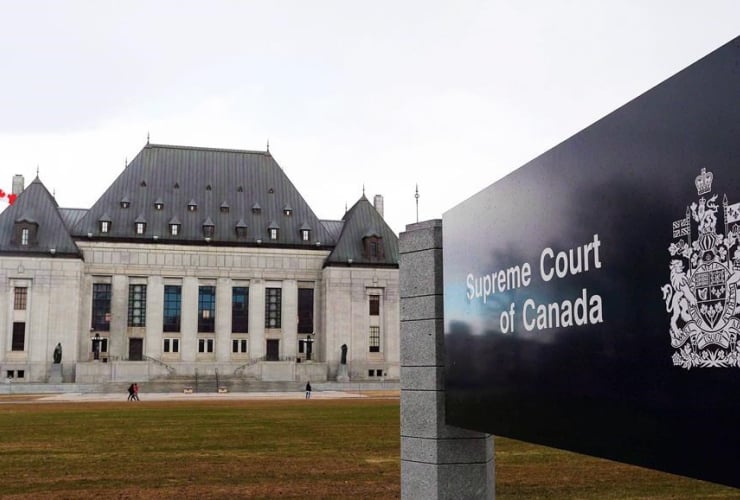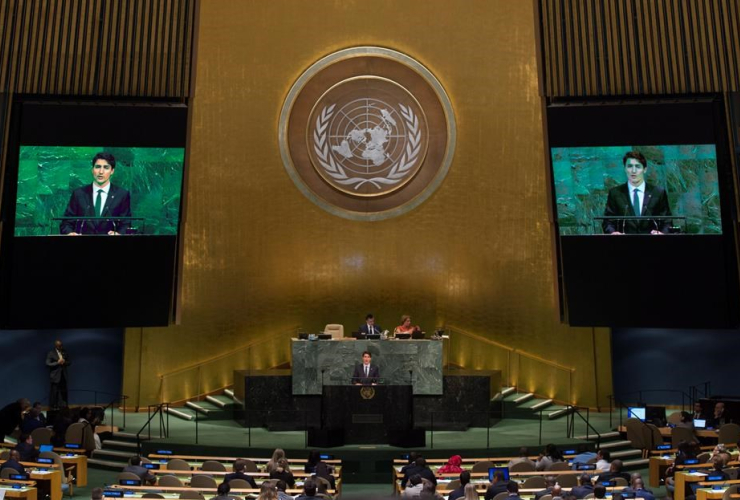A new survey is offering some insight into how non-Aboriginal Canadians view their role in Canada's efforts to foster reconciliation with Indigenous Peoples and accept responsibility for the historic injustices they have endured.
Asked whether "all Canadians" should share responsibility for past wrongs like the residential school system, respondents taking part in the online web panel were almost evenly divided, with 48.5 per cent saying they either somewhat or strongly agreed with the premise.
Newcomers and children of immigrants who were part of the survey were more likely to see reconciliation with Indigenous Peoples as a collective issue for the country to address, perhaps as the result of an emphasis on Indigenous history in Canada's citizenship guide.
The Association of Canadian Studies has now asked the question two years in a row to explore the issue of racism to mark the International Day for the Elimination of Racial Discrimination, which the United Nations degreed in 1966 should fall every year on March 21, the anniversary of a deadly crackdown on an anti-apartheid rally in South Africa in 1960.
Respondents to the survey were evenly split last year as well, said association president Jack Jedwab.
"We'll have to see improvement in the contemporary condition of Aboriginal Peoples for those numbers to change," he said.
"Very often when people recognize historic injustices, they'll transfer what they see today to what has occurred prior. That's not an illogical connection to make. We generally have short memories. We look at what's happening today and we deduce what happened before on that basis."
The online survey, conducted by Leger Marketing, sampled 2,344 people on a web panel between Nov. 14 and 21 last year.
The polling industry's professional body, the Marketing Research and Intelligence Association, says online surveys cannot be assigned a margin of error as they are not a random sample and therefore are not necessarily representative of the whole population.
About four out of every five respondents to the survey said they consider themselves to have a good grasp of Canadian history. Asked for reasons why they might not be not proud of that history, 30 per cent of responses were about the treatment of Indigenous Peoples, and eight per cent about residential schools.
As well, just over half of respondents expressed interest in having a dialogue with Indigenous Peoples about reconciliation.
The results also suggest that respondents who have more contact with different minority communities tended to have more favourable views towards those communities — a finding that was especially true for younger respondents, Jedwab said.





Comments